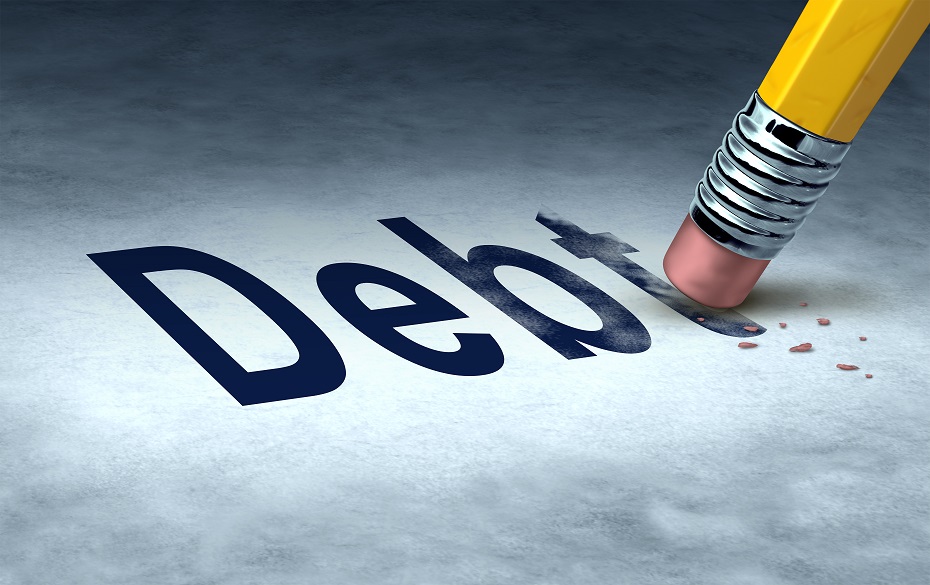Credit Myth #6: Paying Off Your Debt in Full Will Boost Your Credit Score

Your credit score is a direct reflection of how well you manage your debt, so it would make sense that to pay off your debt in full would be the key to an excellent rating, right? Unfortunately, that is not how credit works. In some situations, paying off your debt in full can hurt your score, at least temporarily.
You Need Debt To Have Credit
Credit utilization is a major influencing factor when it comes to your credit score. Credit utilization refers to your debt to available balance ratio. Ideally, your credit utilization rate should be below 30%. However, a utilization rate of zero — which means you do not have any credit at all — can be detrimental to your score. Other factors that affect your credit score include your bill pay history, credit mix and length of credit. If you pay off your debt entirely, none of these factors will carry any weight.
The Type of Debt You Pay Down Matters
There are two types of debt you can have: Revolving accounts and installment loan accounts. Revolving accounts refer to accounts that carry a revolving balance from month to month, such as credit card accounts. Even if you pay off the balance of a revolving account in full, it will remain open. A credit card with zero balance at the end of each month is very good for your credit, as it means you have a low utilization rate.
Installment accounts, on the other hand, are a different story. Installment accounts include things such as auto loans, mortgages and personal loans. When you take out an installment loan, you agree to make monthly payments over a predefined period. When you pay off the loan in full, you have fulfilled the terms of the contract and the lender closes the account. This means your utilization rate INCREASES because the sizeable loan no longer reflects in your report.
However, that does not mean that paying off an installment loan isn’t good for your credit score — it can be. Keeping the account open for the full term of the loan and making timely payments shows the credit bureaus that you can responsibly manage and maintain sizeable accounts for an extended period. With each timely payment, your credit score will increase and, once you make the final payment, you shouldn’t notice much, if any, negative impact.
If paying off your loan will help you financially, don’t hesitate to do so. However, if you merely want to pay down an installment loan for convenience’s sake, think twice, as doing so may hurt your score in the long run.
